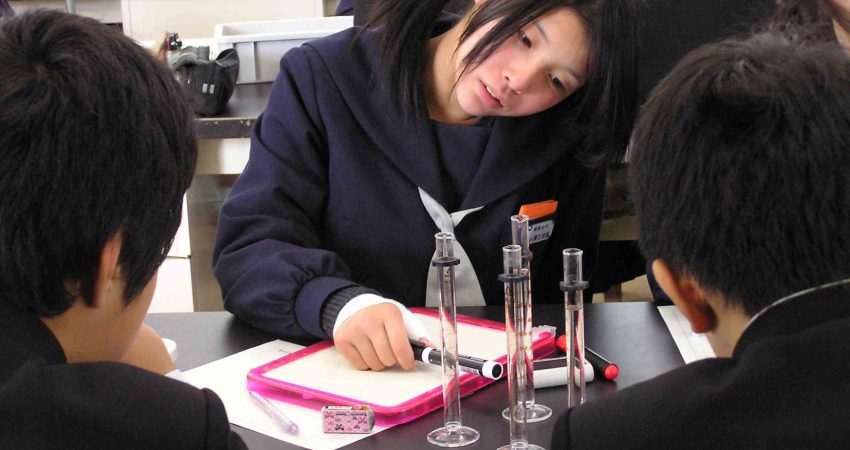
By Heather King - May 2011
PAPER CITATION
Knippels, M-C P. J., Severiens, S. E., & Klop, T. (2009). Education through fiction: Acquiring opinion-forming skills in the context of genomics. International Journal of Science Education, 31(15), 2057–2083.
What Is The Issue?
This paper describes a study designed to investigate whether fiction can help students to develop their opinions on socio-scientific issues. The findings suggest that fictional accounts can be effective, but the study did not investigate the quality of the reasoning underlying the opinions, nor their longevity.
Socio-scientific issues (SSIs) represent a variety of social dilemmas with conceptual, procedural, or technological associations with science. Being able to engage with SSIs and make informed and balanced decisions is a key skill of scientific literacy. Opinion-forming skills with regard to SSIs form part of many national curricula, including that of Holland where this study was conducted. The topic in question concerned issues of genomics (i.e., the science of the function, interaction, and products of an organism’s genetic material or genome).
What Was The Study?
In this study, 11th-grade students were shown either a movie clip or a news report on the issue of an embryo being selected for desirable traits. Both groups attended three lessons in which issues were discussed, relevant pieces of information and knowledge identified, and arguments analysed. Writing frames and explicit facilitation by teachers supported each lesson. In a fourth lesson, a new dilemma was introduced, again through a movie clip or news report, and students worked on their own (employing skills learned in the previous lessons) to form and justify their opinions. A control group of students did not attend the lessons nor did they see either the movie clip or news report, but continued with their regular classes.
What Were The Findings?
Student responses to the second dilemma and pre- and post-experiment tests taken by all students on steps taken in making decisions or forming opinions were analysed. Findings suggest that the movie group of students improved their opinion-forming skills to a greater extent than the news report group, although there was not any statistically significant difference between the news report and the control groups. Perhaps of greater interest to educators seeking to support student engagement with socio-scientific issues is that the series of lessons wherein students (from both the movie and the news report groups) were explicitly taught steps in making decisions (reflecting on their own knowledge, available information etc) were highly effective in developing students’ opinion-forming skills as compared to the normal programme of lessons.
The paper concludes with the recommendation that educators use well-considered fictional clips to introduce dilemmas, and for discussion and reflection activities. A further conclusion that may be drawn in reviewing this study is that the basic process of facilitating student engagement with potentially controversial socio-scientific issues—that of identifying the moral question and the available information, analysing the moral implications and arguments, and coming to a conclusion—clearly provides a valuable framework for educators. Moreover, such a process was shown in this present study to be useful for teachers who felt they lacked the pedagogical skills to handle controversial issues in their classrooms.
While the analysis did examine the number of arguments made in the development of student opinions, the quality of the reasoning was not assessed. Nor did the study seek to uncover why the movie group was more effective in developing opinion-forming skills than the news report group. Further research, such as exploring why students identified with the characters in a movie more than in a news report, is plainly needed.




